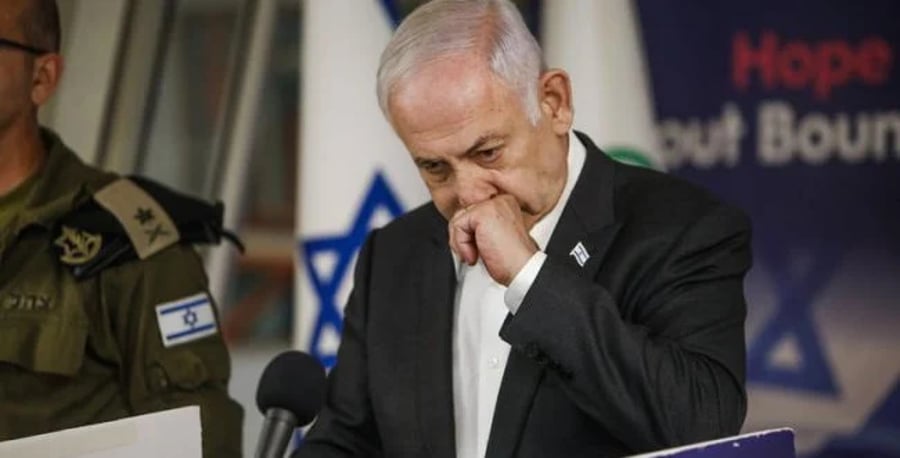
A tight schedule for Netanyahu and a race to reach as broad an agreement as possible in order to approve the ceasefire. In the morning, Netanyahu will try to calm the heads of the northern authorities, in the afternoon there will be a discussion in the political-security cabinet, and from there the Prime Minister will make a statement to the media.
In anticipation of signing the ceasefire agreement today (Tuesday), a tight schedule will be held with the sole aim of achieving broad consensus on the agreement regarding Lebanon.
First, Prime Minister Benjamin Netanyahu will try to speak this morning with local leaders in the north to explain the details of the agreement, reassure them, and hope that they will support it and convey the message to the residents that the agreement is good for them.
At 16:00, the security cabinet will convene, where most of the members will hear the details of the agreement for the first time and discuss its effectiveness, its level of success, and vote for or against it.
At 18:00 and onwards, the Prime Minister will make a statement to the media regarding the agreement and the cabinet's decision.
The terms of the ceasefire agreement, according to a report by News 12, will require that Hezbollah or any other armed group not act against Israel, in return for which Israel will not act in Lebanon against targets within its territory.
Additionally, Israel will be able to remain in Lebanon for up to 60 days from the moment a ceasefire is declared. At the same time, the Lebanese army will be deployed at all crossings in the country. The IDF's withdrawal: in accordance with the deployment of Lebanese forces – gradually in parallel.
Additionally, there will be no buffer zone, and the residents of southern Lebanon will be allowed to return to their homes. Any sale of weapons to Lebanon or production within its territory will be monitored by the Lebanese government.
According to one of the clauses, the United States will head the committee overseeing the implementation of the agreement, with France also included in the oversight committee.





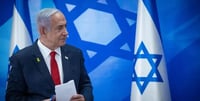
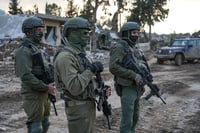
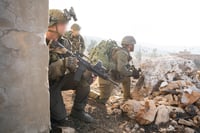



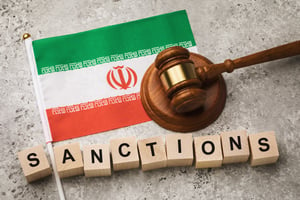
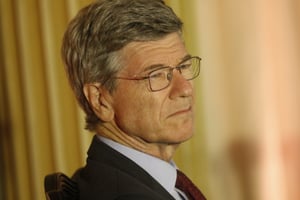
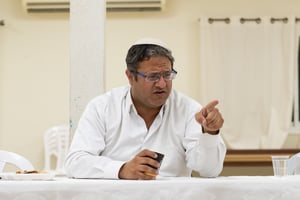
0 Comments